Topic or Keyword: Social Media
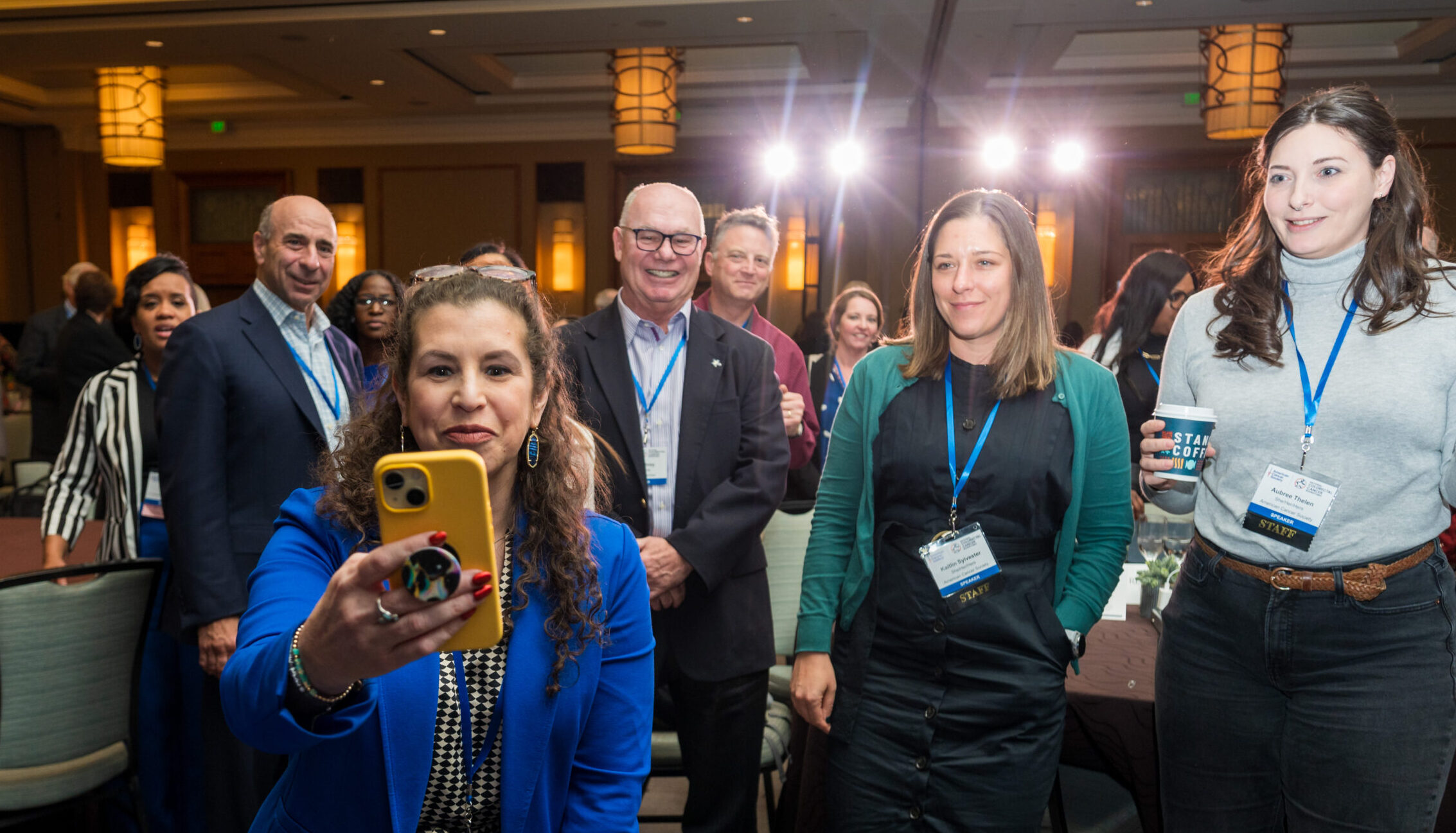
NEW!
Webinar: Public Awareness Strategies to Promote Colorectal Cancer Screening

New Resource Webinar: Lead Time Messaging Guidebook
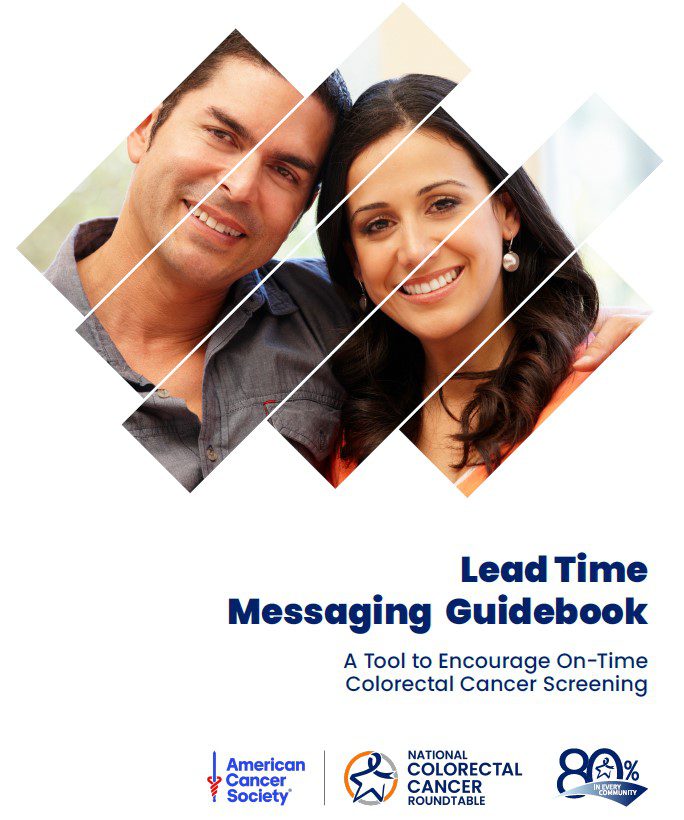
2023 Lead Time Messaging Guidebook
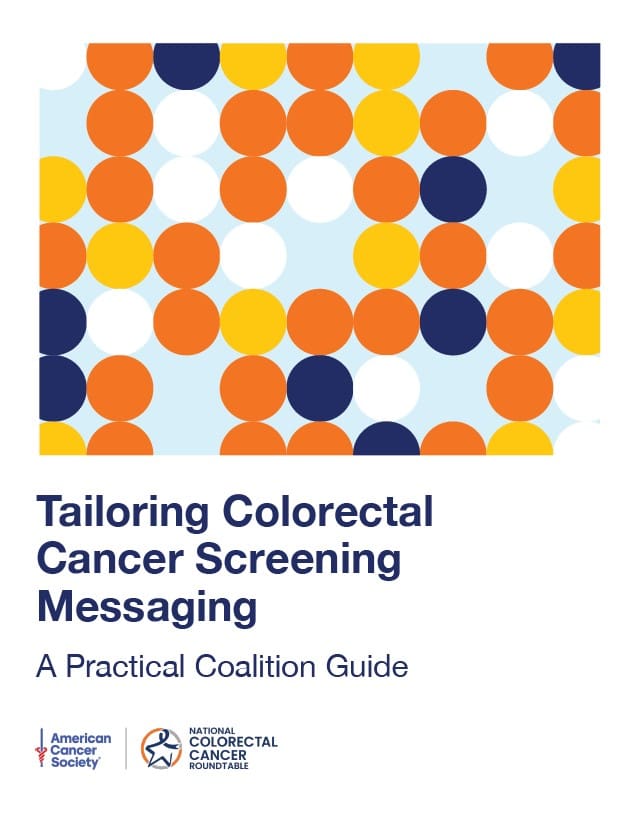
Tailoring Colorectal Cancer Screening Messaging: A Practical Coalition Guide
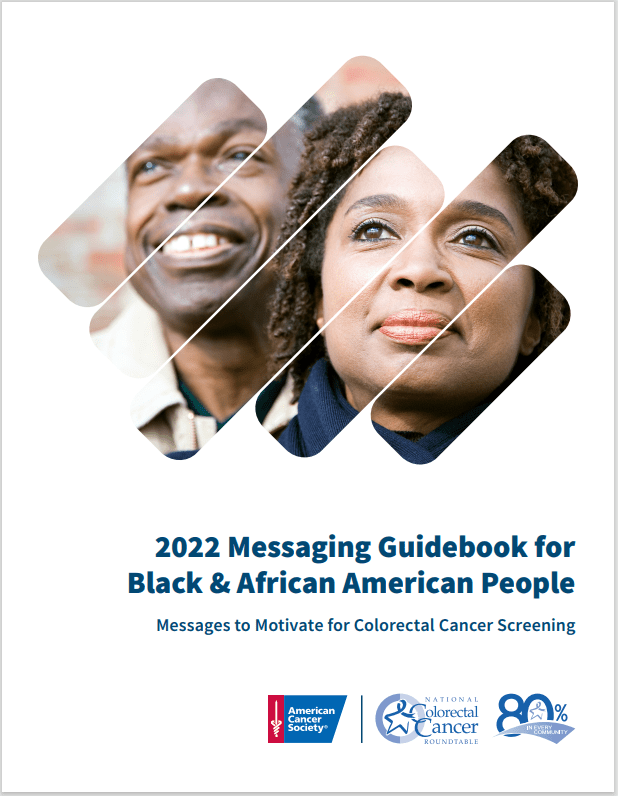
2022 Messaging Guidebook for Black & African American People: Messages to Motivate for Colorectal Cancer Screening

Webinar: 2022 Messaging Guidebook for Black & African American People: Messages to Motivate for Colorectal Cancer Screening – June 21, 2022
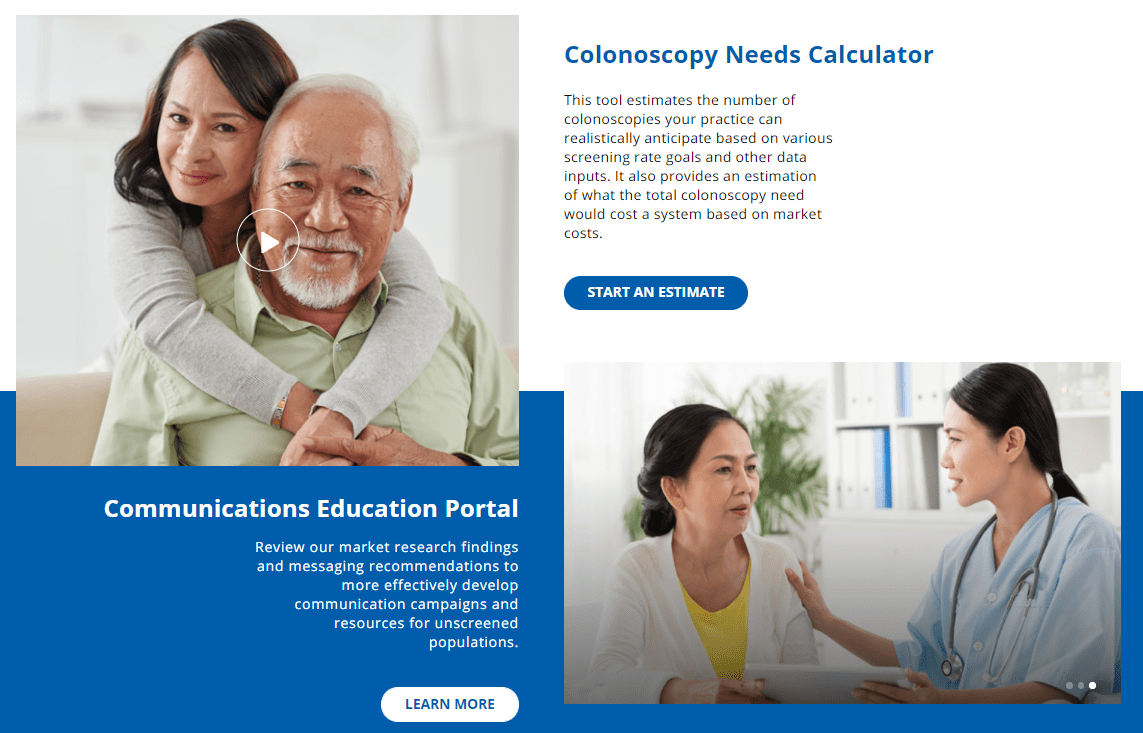
NCCRT Learning Center
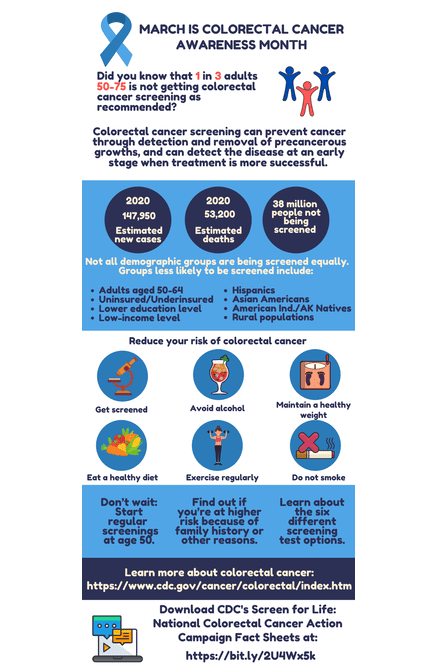
Nuestras Voces Network Colorectal Cancer Awareness Month Infographic
